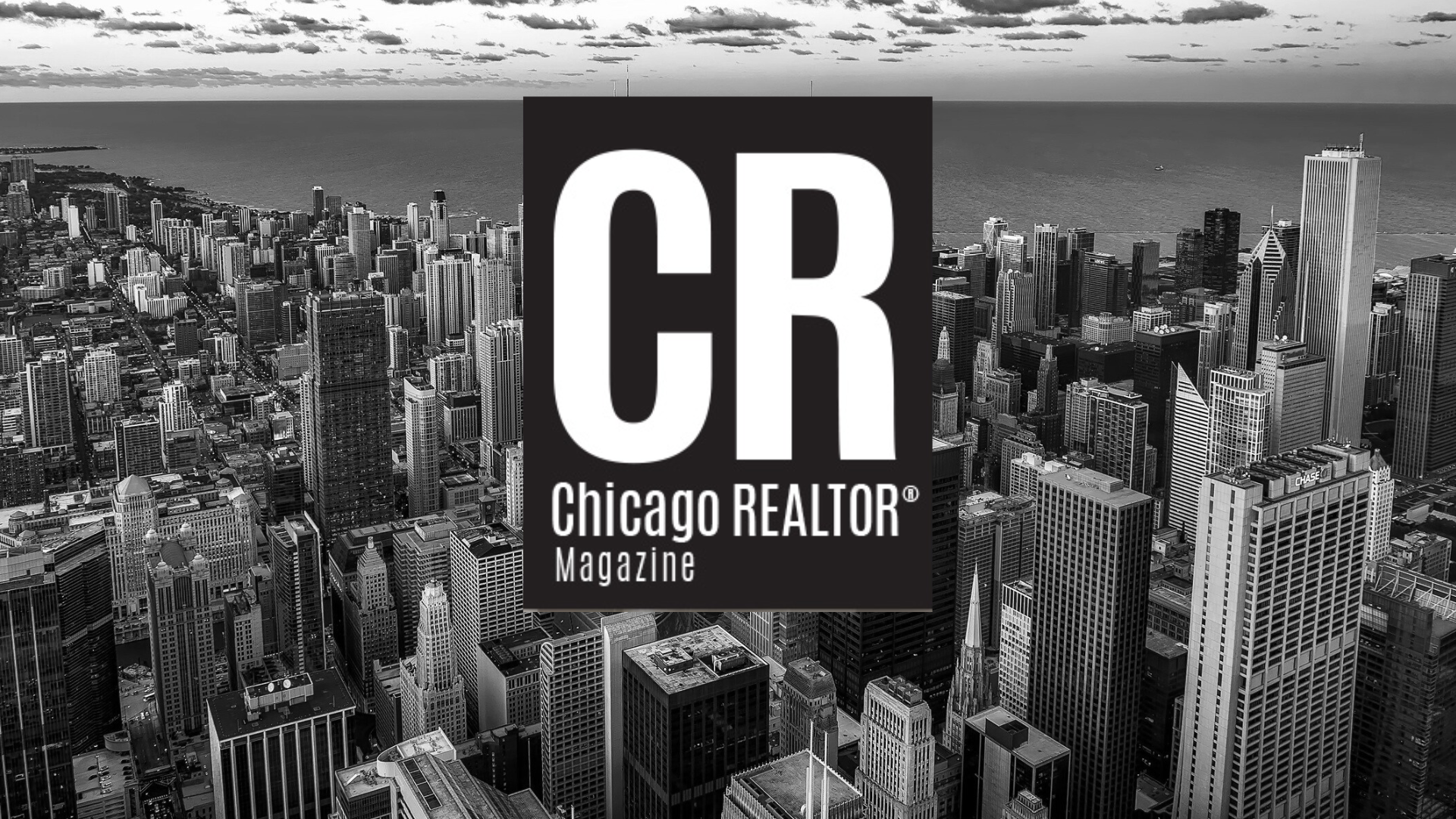Looking Forward to Budgeting Season & the Primary Election
The City of Chicago is about to embark upon budget season. While the budget is presented and debated, ordinance discussions and movement are usually put on hold, as budget conversations require heavy lifting from the mayor’s office and utilize political capital from city council members. If no major announcements are made before September, we believe that threatening legislation will not be presented until after the new year. Remember: in February 2023, every city council member and city-wide elected official, including the mayor, treasurer and clerk, will be on the ballot during the primary election.
Expanding the Accessory Dwelling Unit (ADU) program is a high priority for the city. Currently, the ADU Ordinance allows expedited permitting for ADUs built in five pilot zones, which are not subject to aldermanic authorization. Roadblocks to expanding the program are expected, as density and growth are not viewed in the same lens throughout the city. In fact, Aldermen who express the most hesitancy about introducing ADUs are those who represent communities mostly compiled of detached, single-family homes, where a common complaint is increased traffic. “It’ll bring more cars and on my side of town, it’s rude to park in front of someone else’s house,” an Alderman said. It’s also possible that the current rule prohibiting using ADUs as short-term rentals would make them less attractive in communities further from the city center.
Introducing the Connected Communities Ordinance
The mayor recently introduced the Connected Communities Ordinance, which is being touted as an expansion of the Equitable Transit Oriented Development (E-TOD) program. E-TOD provides developers with incentives to build or perform substantial rehab on properties within a quarter mile of rail stations. The proposed ordinance will increase the range to a half mile, or 2,640 feet, of a rail station or within a quarter mile of select CTA bus line corridors. A key incentive of the ordinance is making multi-unit residential buildings located in an RM6 or RM6.5 lot, which can hold 50 or more dwelling units, eligible for floor area ratio (FAR) premiums. FAR is the relationship between the total amount of
permitted usable floor area that a building has and the total area of the lot on which the building stands. As with all new dwelling units seeking upzoning, city land or other major concessions, E-TOD is subject to the Affordable Requirements Ordinance (ARO). Another key provision that will catch the attention of developers is 17-13-1003-EE, which states, “the Zoning Administrator is authorized to approve an administrative adjustment reducing off-street parking requirements from the otherwise applicable standards by more than 50%.”
This ordinance is viewed as a proxy fight about aldermanic prerogative. Many City Hall observers see this Ordinance taking a lot of time to complete, requiring a lot of political skill to maneuver the ordinance to the finish line; it may be the last major housing and real estate ordinance debated before budget season. As written, the ordinance would go into effect immediately upon passage.
Advocating for a Repeal of the Automatic Annual Property Tax Increase
Alderman Brendan Reilly (42nd Ward) filed an ordinance to repeal the automatic annual property tax increase, which is currently tied to rises in inflation and could allow the tax increase to quadruple in 2023 to $85.5 million. The ordinance has 11 co-sponsors. The practical effect of this ordinance does not take away the authority of the City Council to raise property taxes, but if it passes, the Council must take a vote for all future property tax increases; it does not provide an increasing sum of money into perpetuity.
The REALTORS® support this ordinance, and a call for action was launched to get the matter heard and voted on at the Finance Committee meeting. If it is passed by the committee, it will then go to the entire Council. At the time of publication in early September, the matter had not yet received a vote. For the latest update, please visit ChicagoREALTOR.com/Advocacy.
Contact Government Affairs Director Adriann Murawski with your questions or concerns.







